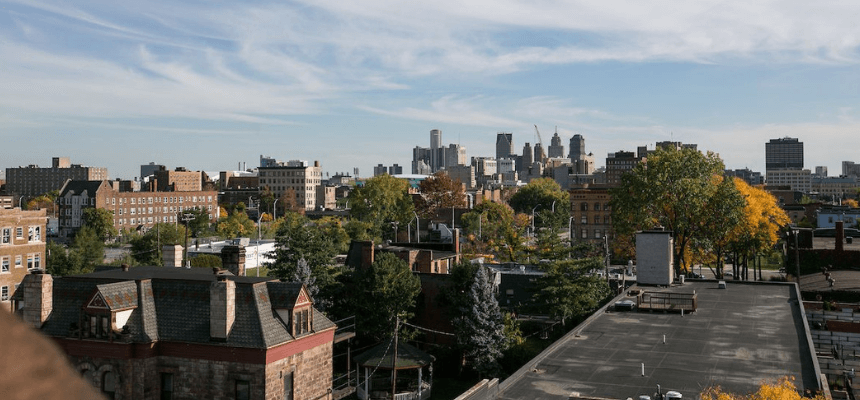
It’s been a busy couple of weeks for NHC. Last week, David and I attended the 2020 Democratic presidential debates in Detroit, Michigan. While there was plenty of debate on issues like health care and immigration, the significant and growing housing affordability gap received little attention, as David discussed in his op-ed in the Detroit News, covered below. The sad fact is that millions of Americans watched the debate in a home that they can barely afford. Among them are grown children who have good jobs and still can’t afford a home of their own. In fact, one-in-five millennials still live at home with their parents, a crisis for them, their parents, and our country. Not watching the debate were more than half a million fellow Americans who are homeless, many of whom leave their car or tent in the morning, wash up in a bathroom and go to work.
During the first night of the debate, housing was raised by former Texas Congressman Beto O’Rourke and Colorado Governor John Hickenlooper. The two of them eluded to the fact that the wealth gap in this country is impacted by the lack of affordable housing and the need to increase homeownership. New York City Mayor Bill de Blasio, New Jersey Senator Cory Booker and former HUD Secretary Julian Castro also raised housing on the second night. Given the scope of the growing housing supply and affordability crisis, which we have discussed in more detail here and here, the issue served as little more than an underlining talking point in response to an unrelated question.
Regardless of who wins the presidency in 2020, he or she will have to address housing supply and affordability. In the neighborhoods around the Fox Theatre where the debates were held, a major American city is struggling to rebound from the impact of the 2009 financial crisis, as well as generations of disinvestment. These issues are not unique to Detroit. It is a major issue in cities and rural areas throughout the country. The lack of small dollar lending, the need to address the trust issue between the mortgage ready applicants and lenders, and skyrocketing student debt burden are major factors, among others. It is our hope that the work we have begun with our 235 members will elevate the debate among the candidates, who must lay out how they will address the issue that we all care so much about. We have 10 more debates to go. We must make them count.
At NHC, we are committed to working with everyone to advance the common goal of closing the homeownership gap. David and I also spent time with the senior leadership of the NAACP during their 110th National Convention in Detroit, Michigan, where we discussed the need for partnership and collaboration between our organizations. This is important to me, as someone who got started in advocacy as a high school student in the Youth & College Division of the NAACP under the mentorship of Dr. Hazel Dukes of New York. She has worked tirelessly to advance fair housing in my own neighborhood of Queens and all across the state of New York.
I ended this week at the annual meeting of my fraternity Kappa Alpha Psi Incorporated in Philadelphia, Pennsylvania. Among Black Greek letter organizations, information is often shared for the advancement of alumni and the communities where they live. When we talk about the dramatic collapse of the black homeownership rate in this country, we know that the role of the trusted advisor is critical to communicating to communities in need. NHC had the opportunity to raise this critical issue to over 50,000 members in attendance from around the world. We believe that the NAACP and Black Greek letter organizations will be critical components of this effort.
It will take all of us, working together and advocating for Americans most of whom we may never meet. This work is bigger than us and bigger than any one organization. We look forward to having all voices at the table to ensure that there’s a roof over that table.

